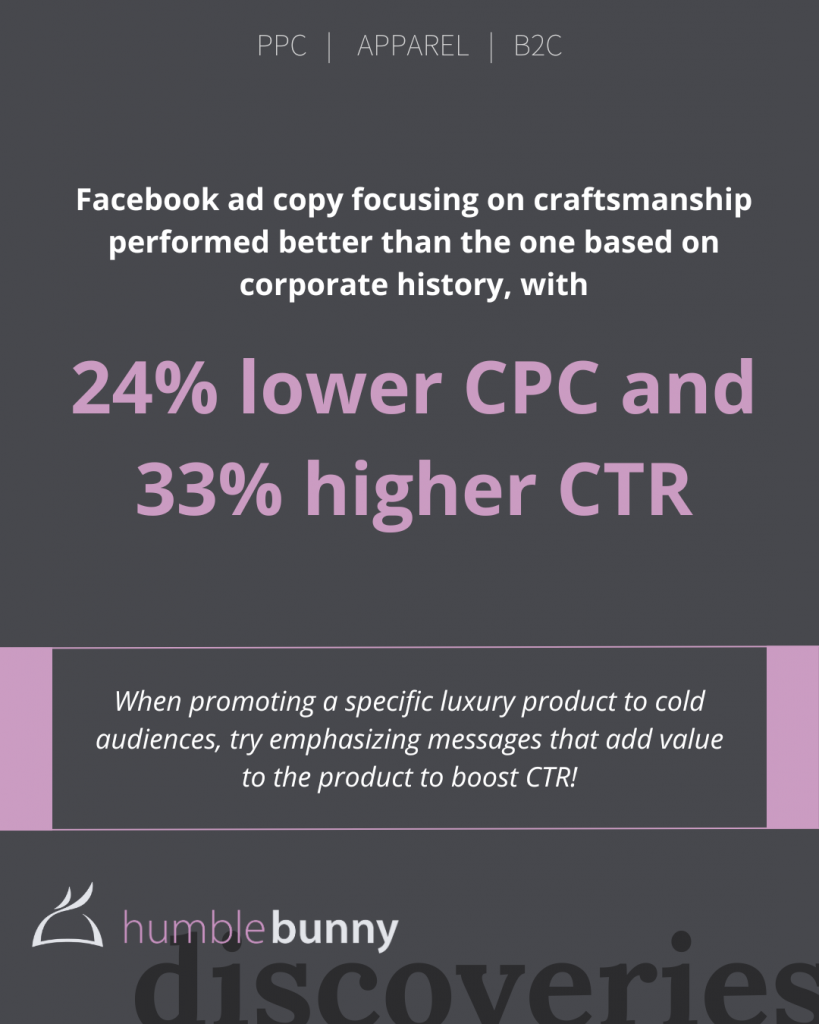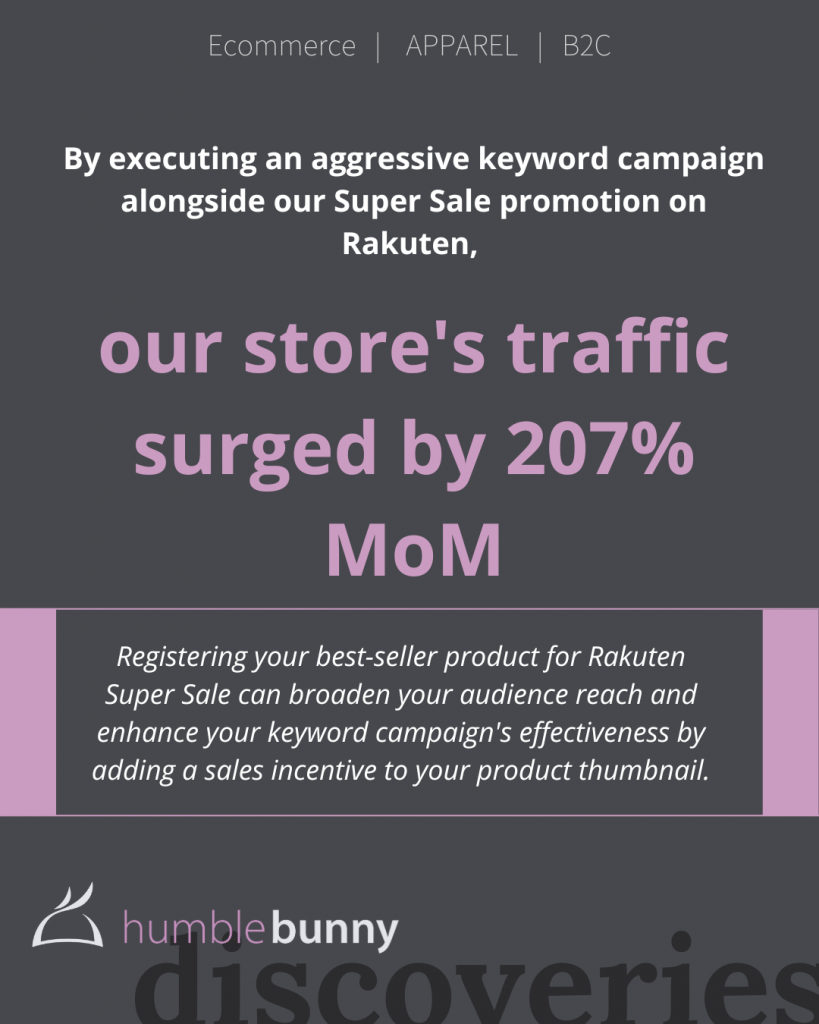Japan is one of the most important trade partners for the US. American machinery, raw materials, food, fashion and more have made their way into many key Japanese sectors—with brands sometimes finding more success here than they did at home.
From New Balance to Wendy’s, we outline some top American brands doing well in the Japanese market and explore a few key reasons behind their success.
Table of Contents
- Why American brands enter the Japanese market
- Americana in Japanese fashion culture
- American fashion brands in Japan
- Reviving dwindling American brands in Japan
- American food brands in Japan
- Why don’t American cars sell in Japan?
- Takeaways for American brands entering Japan
- Steal some of our best ideas!
Why American Brands Enter the Japanese Market
- In addition to having the third largest economy in the world and a broad-based consumer population with significant purchasing power, the Japanese market offers several opportunities to American companies.
- Partnering with Japanese companies can result in a mutually beneficial exchange of knowledge, skills and resources that also benefit global commercial goals.
- A foothold in Japan is often a strategic move for wider expansions in Asian markets.
- Selling to Japanese consumers offers some brands a “second chance”—making up for dwindling sales in Western markets.
- Japan is a key member of the international trade system with defined rules and processes that protect the rights of businesses from abroad.
- The nation is highly dependant on imports and is one of the largest net buyers of food products from the US.
- An aging and declining population are shaping society’s needs and behaviors presenting opportunities for businesses operating in sectors like pharmaceuticals or healthcare.
- Trends from the US have made their way into mainstream Japanese culture and many consumers are attracted by the appeal of American brands, especially in fashion.
Read Our Check-List on Entering the Japanese Market!
Americana in Japanese Fashion Culture
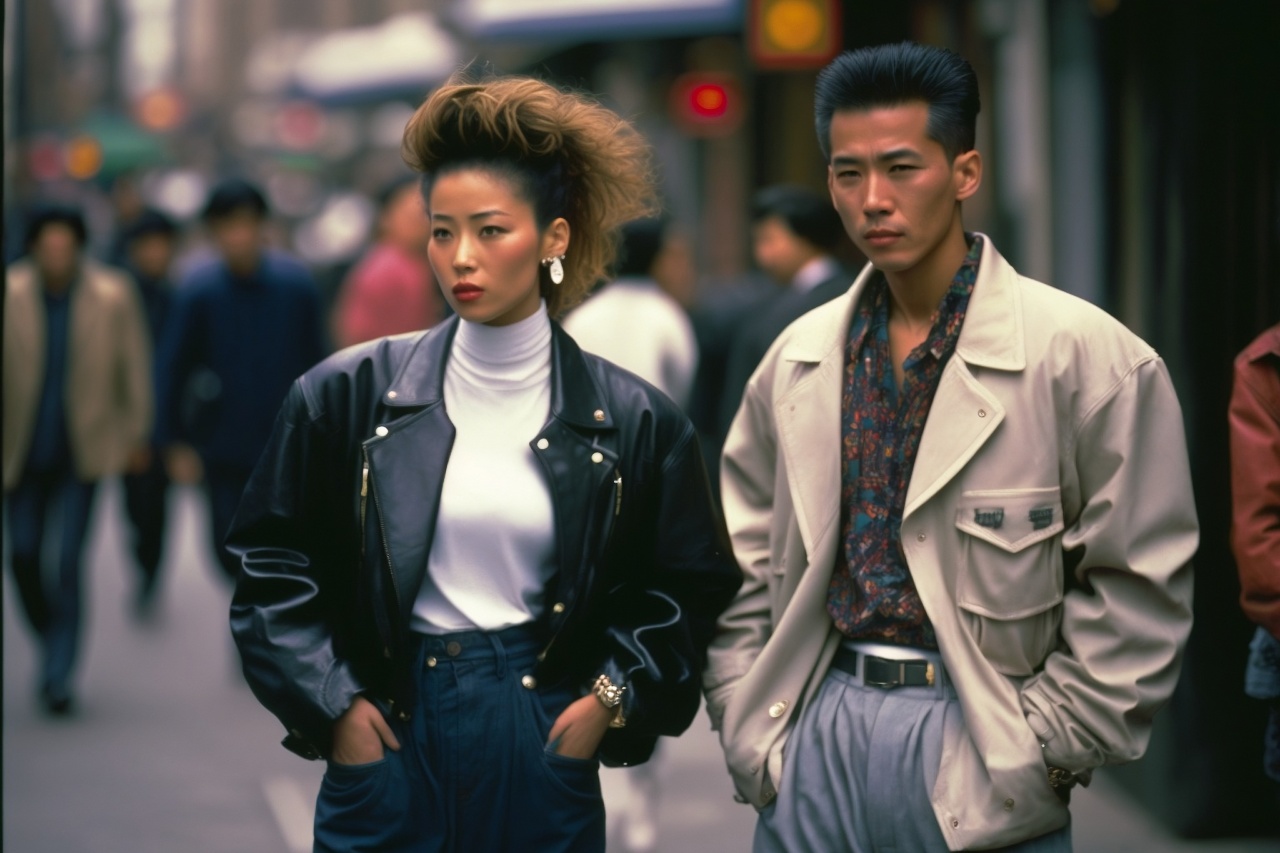
What is often referred to as ‘Americana’ or ‘Japanese Americana’ is an excellent example of the way US brands have been assimilated into Japanese consumer culture.
For several decades, certain styles such as Ivy-league prep, Mid and Southwest workwear, and American army apparel have become staples in Japanese streetwear.
Although applying to a broad range of aesthetic styles, a commitment to traditional production methods and an idealized idea of classic American fashion underpins the popularity of certain brands and products.
This is largely attributed to the influence that American troops had on major urban areas like Tokyo after Japan’s surrender to the Allied Forces and the occupation of the country in the following years. However, music, films, and other forms of popular culture from the US will also have had a significant impact.
A consequence of this is that many brands who offer this classic sense of American fashion have done well here. However, as is common in Japan, many domestic companies have also emerged to offer high quality Japanese-produced Americana products—such as in the now-famous denim industry.
Beams Plus
Offering military garb, golf clothing and prep wear, Beams Plus is the perfect example of the Japanese Americana—reviving and reimagining classic American styles for today’s generation of consumers.
While not an American-owned brand itself, Beams Plus draws inspiration from America’s Golden Age, including the mid-1940s to mid-60s, when the country exited World War II and emerged as a global superpower.
Want to Learn More About Japanese Consumers?
American Fashion Brands Doing Well in Japan
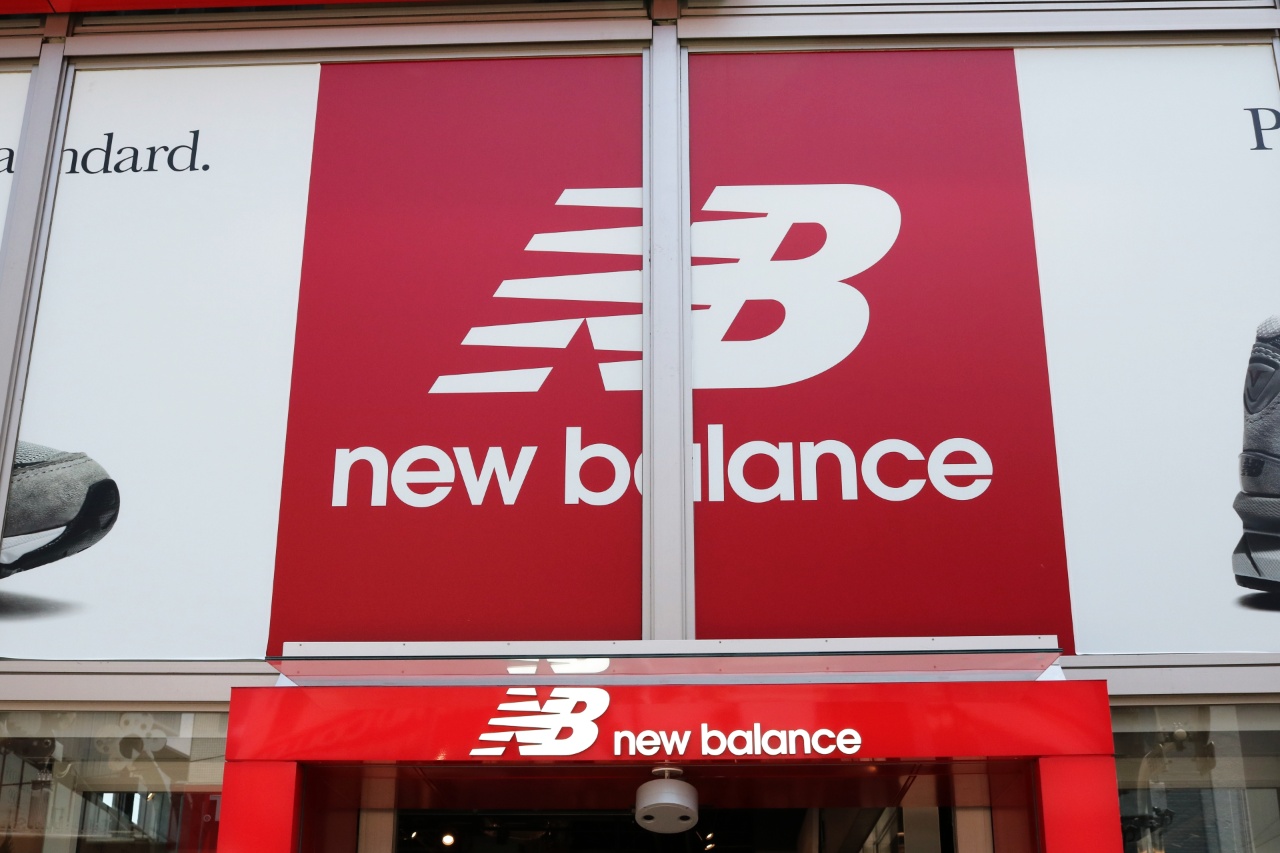
The list of American fashion brands that have achieved success in Japan is extensive, so below are a few highlights and some potential reasons for their success.
New Balance
New Balance has produced some of the world’s most iconic trainers, manufacturing and exporting its sneakers across the globe.
In Japan, the New Balance 1300 did especially well with this particular product representing American luxury and superior craftsmanship in the sportswear space for several years.
Costing significantly more than competitor products from domestic brands, its popularity shows the power that this perceived quality and American origin story can have here.
Whether it was the company’s attention to detail or the impact of the brands’ marketing efforts, New Balance was, and still is, a symbol of quality in Japanese streetwear. The company even re-released its 1300 sneaker in 1995 under the stewardship of New Balance Japan.
L.L Bean
L.L. Bean has long faced steep competition and dwindling sales in the US market, but its popularity in Japan continues to grow. At a time when the company’s operations in the US are shrinking, new stores in Tokyo and other urban areas are being opened.
Why? Many point to the classic American outdoor aesthetic that the brand offers, coupled with the increasing popularity of outdoor hiking, climbing and outdoor activities in Japan.
Perhaps supported by government efforts to encourage citizens to reduce their working hours and increase their leisure time (following several major studies into the negative impact working too much has had on the population), brands like L.L. Bean has benefited from this concerted effort to get outdoors.
Champion
Champion’s ongoing focus on its 90’s heritage wear, featuring classic sweatshirts, hoodies, sportswear, track suits and other iconic items, has led to its epic comeback and popularity in Japan.
Used as the brand of choice for years by many American college sports teams and partnerships with associations like the National Football League (NFL) have made it a staple in America, and now Japan.
Reviving Dwindling American Brands in Japan
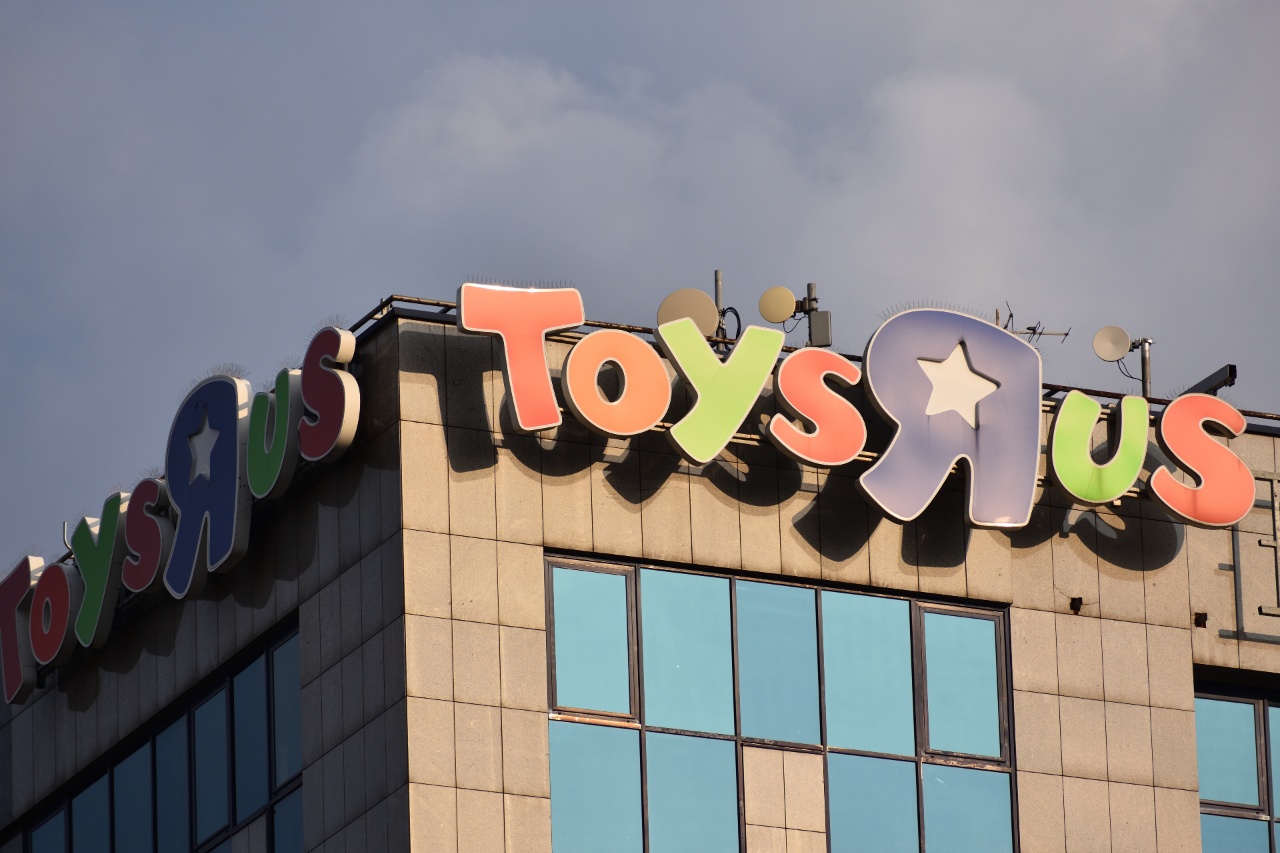
While many North American brands have lost out to increased competition from ecommerce marketplaces like Amazon as well as “Big Box” stores like Walmart, Kmart, Target and Costco, some were able to find success in Japan.
One of the most iconic examples of this is Toys R Us, the once popular toy, baby, and clothing retail store founded in 1957 in Rockville, Maryland. Despite being bankrupt in their home market, the brand still has a strong presence in Japan’s major cities. Reasons for this phenomenon include:
- Despite the growth of the Japanese ecommerce market, shoppers still like to frequent physical stores. In cities like Tokyo where urban density is incredibly high and most people can reach the city center in under an hour, brands with a physical presence will benefit from high levels of footfall.
- Brands like Toys R Us still holds heritage appeal and offer products both American and global products to Japanese consumers
- The Japanese toy market is one of the largest worldwide, targeting children and adults alike. Revenue in the Toys & Baby segment is projected to reach US$3.52bn in 2023 and to show an annual growth rate (CAGR 2023-2027) of 10.21%, resulting in a projected market volume of US$5.19bn by 2027.
HB Pro Tip: Within Japan’s aging society and shrinking population of children, manufacturers are looking towards adolescents and adults to stimulate future growth.
Japan Market Analysis – Key Insights for 2023
American Food Brands in Japan
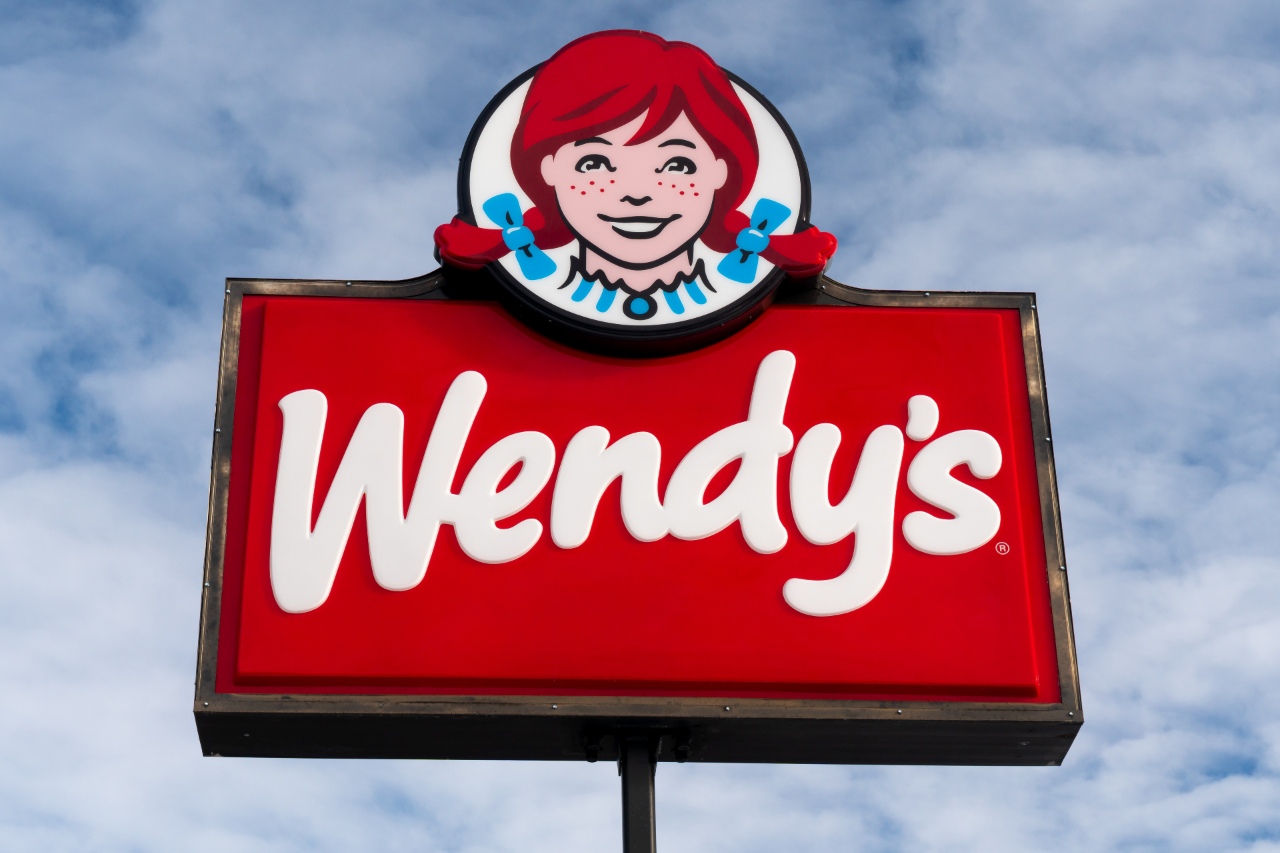
Although itself home to an incredibly rich and diverse cuisine with iconic Japanese dishes enjoyed the world over, the nation is also incredibly open to US food brands. Specifically, you’ll find a huge number of American fast food and diner brands here.
- Wendy’s
- Hooters
- Denny’s
- Burger King
- KFC
- Kua’Aina
- McDonald’s
- Subway Sandwiches
- Wendy’s
- Sizzler
- TGI Friday’s
- Tony Roma’s
- California Pizza Kitchen
- Domino’s Pizza
- Pizza Hut
While these names might be familiar, their menus may look different to what you’re used to. Japan is notorious for taking a product, concept or meal and “Japanifying ” it—making it more suited to local preferences and tastes.
No doubt localization has played a key role in how food brands have survived in Japan, whether this has been through a natural process of evolution or a strategic effort by brands to make products more palatable.
Need hep tailoring your marketing approach to the Japanese market? We’ve got you covered!
Why Don’t American Cars Sell In Japan?

Not all American brands do well in Japan. One important example of this is American cars and how, even though Japanese brands fill U.S. roads and parking lots, American car manufacturers typically don’t do nearly as well in Japan.
As well as the fact that Japanese cars have an enviable reputation for quality and efficiency, it is argued that the major reason for this discrepancy is that American manufacturers don’t make cars that are entirely suited to Japanese taste and needs.
Japan is a crowded country and drivers like the convenience and efficiency of small vehicles that are easy to maneuver on narrow streets and fit into tight parking spaces.
This is perhaps a lesson in the importance of localization. Unless goods and products are not mindfully adapted to better suit what the local population wants and needs, brands may find consumers turning to competitors who are better able to do this.
Takeaways for American Brands Entering the Japanese Market
For brands considering a move into the Japanese market, whether this is to counterbalance falling sales in your home market or as the next stage in your expansion, below are a few final tips.
- Showcase quality and durability wherever possible
- Invest in brand localization
- Distill what it is Japanese consumers find appealing about your brand
Got Questions? Let Us Know How We Can Help!
Steal Our Best Ideas
Actionable insights straight from our data
Here are a couple quick discoveries we’ve pulled from the data of our latest projects. Why? To help you make the changes you need to gain traction in the Japanese market! As an agency, we are always digging deeper and searching for those little yet significant tweaks that will push our clients to the next level of success. If you need a partner to help you identify and implement changes like these on a monthly basis, let us know!
